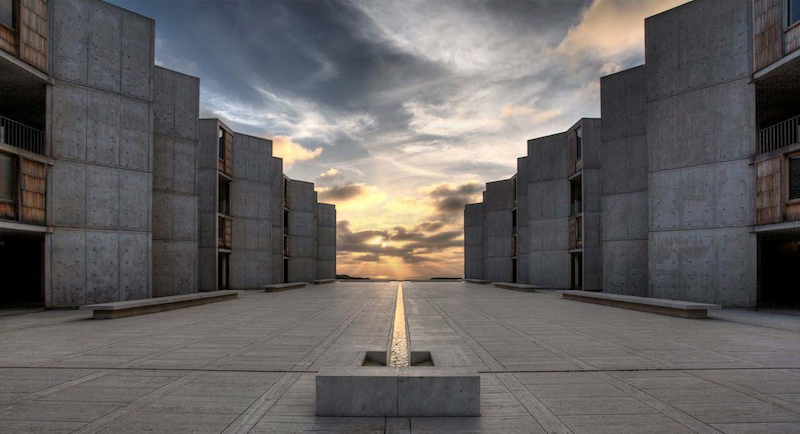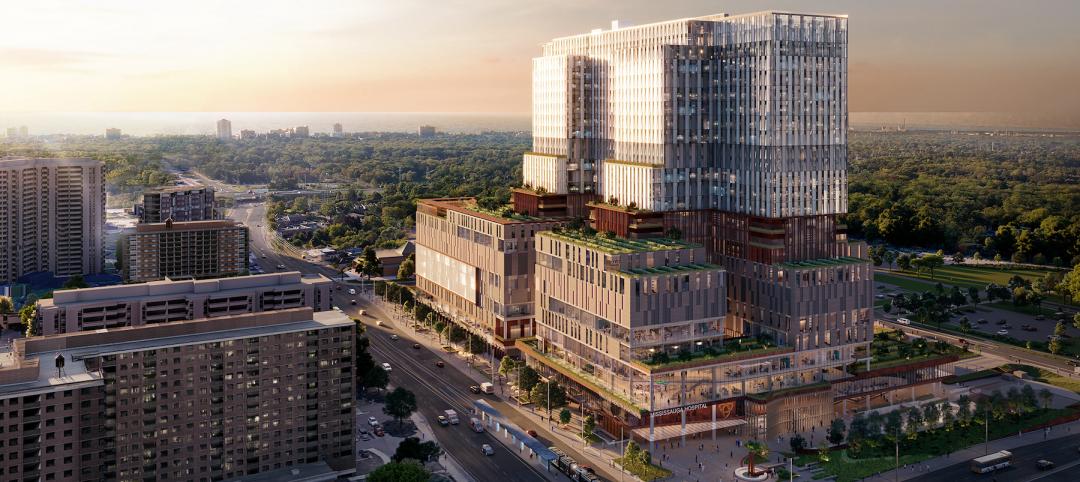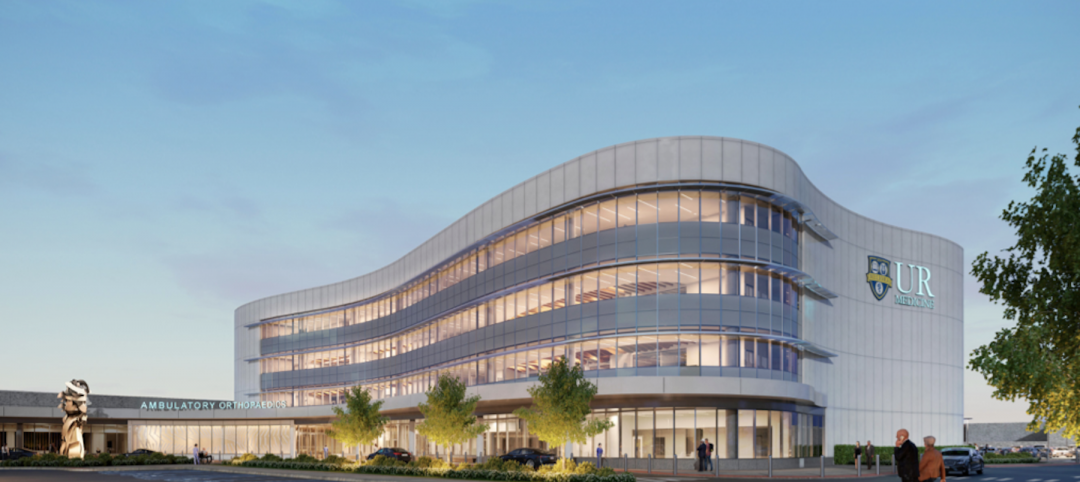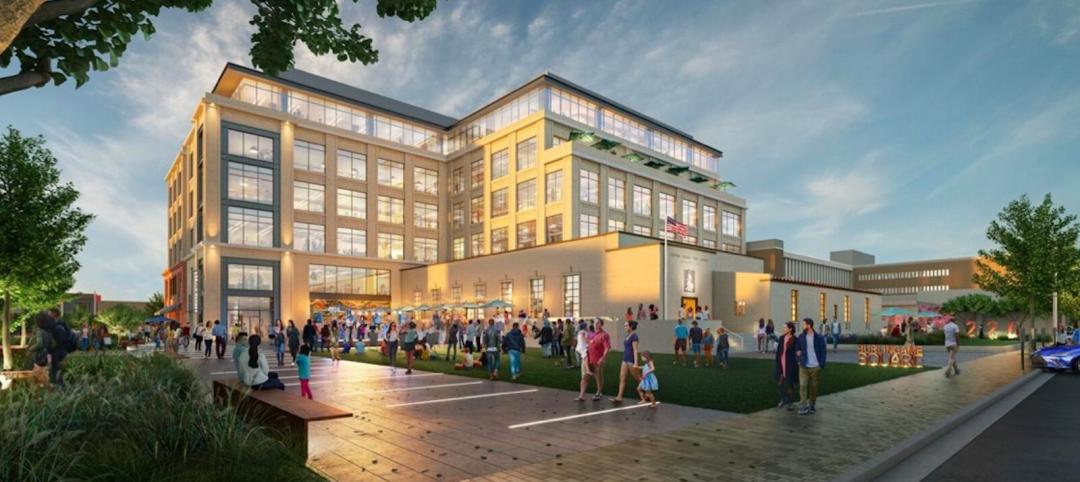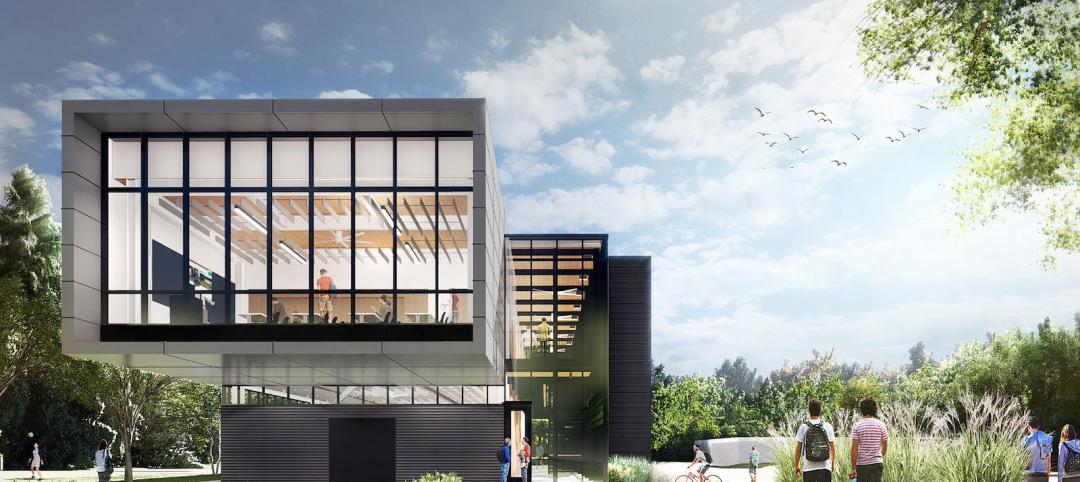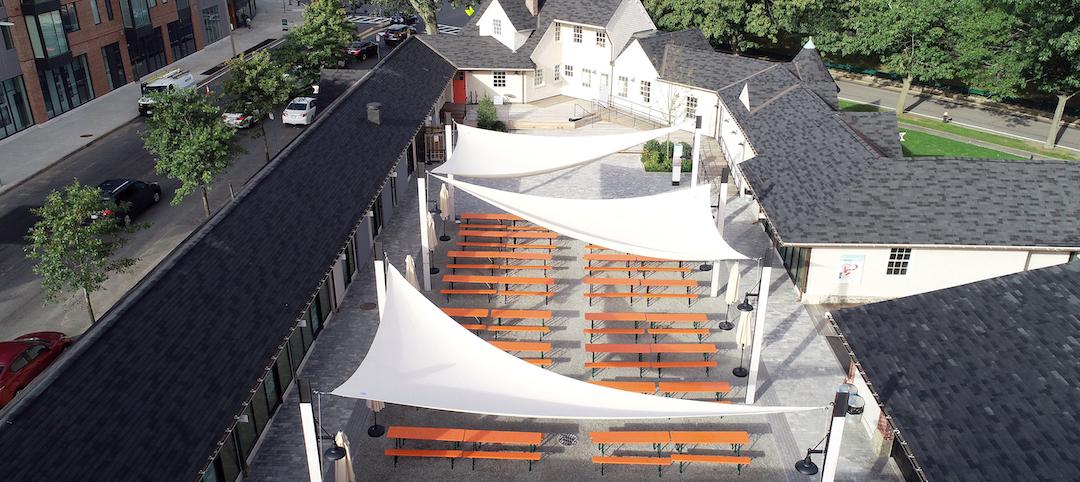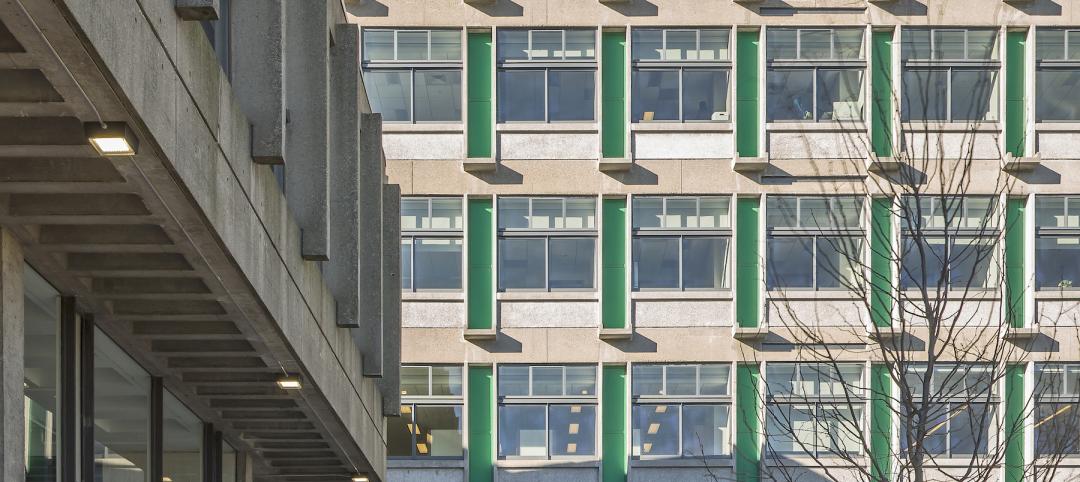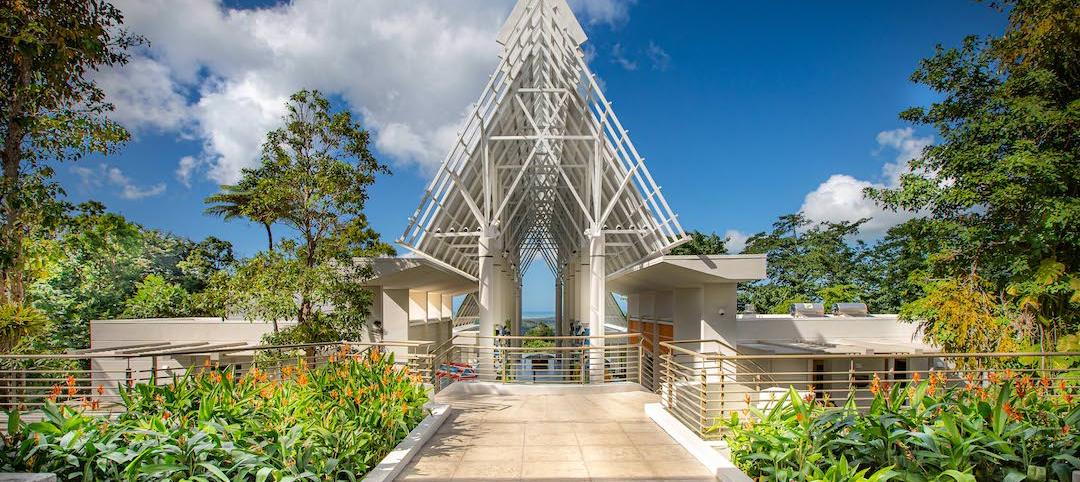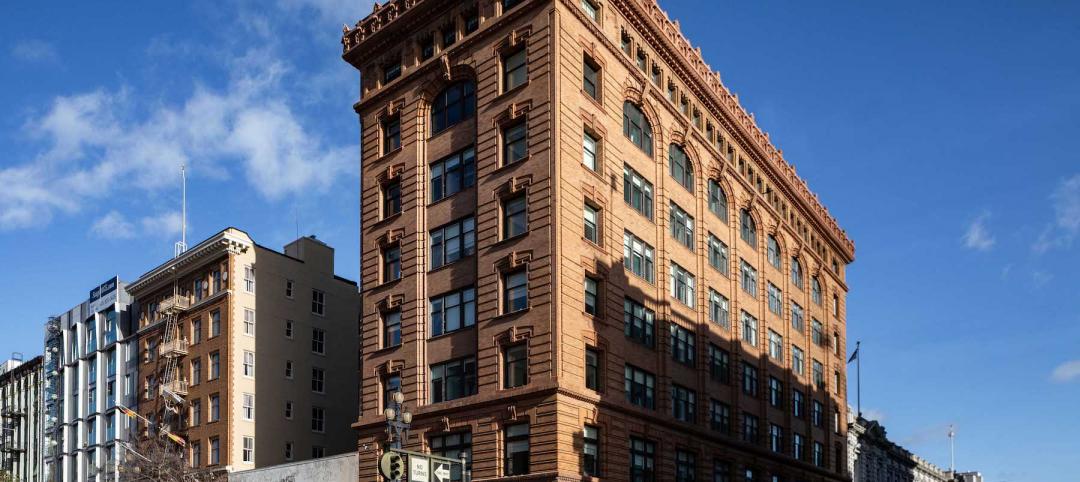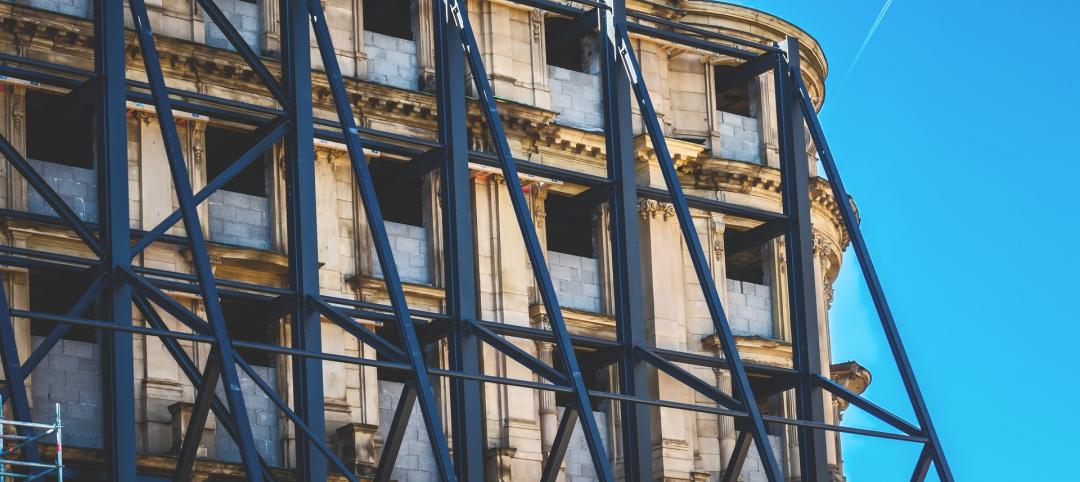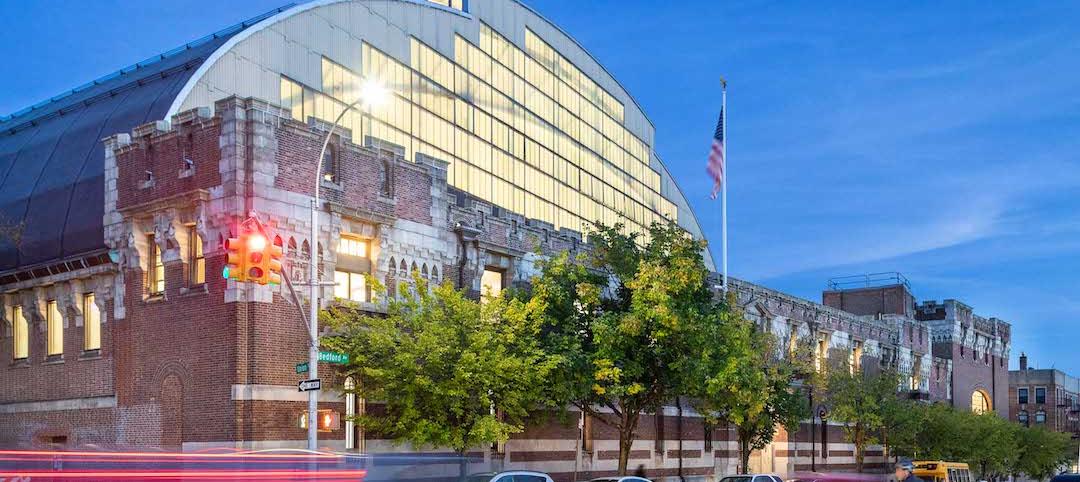After three years of research, the Getty Conservation Institute (GCI) announced construction work is underway to conserve key architectural elements of the Salk Institute for Biological Studies in La Jolla, California. Designed by famed architect Louis Kahn and completed in 1965, the site is widely considered to be a masterpiece of modern architecture.
Dr. Jonas Salk, the developer of the polio vaccine, commissioned Kahn to design the campus for his new scientific research institute on a coastal bluff in La Jolla, just north of San Diego. Kahn worked closely with Salk on the design of the building, which houses laboratories and other research facilities.
But fifty years of exposure in a marine environment has caused the institute’s distinct teak window walls, set within the monolithic concrete walls of the site’s study towers and offices, to weather and deteriorate in a non-uniform manner. The construction work, designed by Wiss, Janney, Elstner Associates, Inc. will address these issues. Getty-led research and funding launched in 2013 as part of the GCI’s Conserving Modern Architecture Initiative (CMAI) helped to initiate the current construction work.
The 203 teak window walls are significant elements of the overall site, expressing a human element and scale within the monumental structure. Although prefabricated, each window has a handcrafted quality due to the detailing of the teak wood by carpenters and customization to fit many sized openings. Each offers a different combination of sliding windows, louvers, and shutters, allowing staff to control light and air in their workspaces.
Research found that the window walls suffered from surface erosion, the growth of a fungal biofilm (likely spread by nearby eucalyptus trees) that gave the wood a black appearance that varied significantly by exposure, changes to teak color due to previously applied sealers and finishes, insect infestation, and moisture infiltration due to the omission of flashings and weather stripping and the failure of sealants.
The GCI and its consultants engaged in historical research, including visits to the Khan archives and collecting oral histories, in order to better understand the significance of the window walls and Kahn’s original vision for the site. It explored the extent of damage to the window walls and performed physical and laboratory analysis to identify materials used and various causes of damage and deterioration. The GCI also convened a meeting of Salk representatives, other Kahn building owners with similar wood conservation issues, and preservation professionals. Possible treatments for the wood and wood replacement options were also researched, as well as design modifications to improve the overall performance of the assemblies. Finally, the GCI, along with the architectural and engineering firm Wiss, Janney, Elstner Associates, Inc. (WJE), which served as the historic preservation consultant to the Salk Institute, developed a series of on-site trial mock-ups to evaluate different repair approaches and treatments to identify the most appropriate ways to move forward.
WJE has developed comprehensive construction documents to implement the repair and conservation of the window walls, with interventions ranging from minor (cleaning and repair), to moderate (cleaning, repair, and some replacement of materials), to major (removal of the entire window assembly where severely deteriorated and replacement using like-for-like materials). At this time, WJE is currently implementing the repair work, which is expected to be completed in 2017.
Related Stories
Projects | Mar 18, 2022
Toronto suburb to build the largest hospital in Canada
A new hospital in Ontario will nearly triple the care capacity of its existing facility—becoming the largest hospital in Canada.
Projects | Mar 15, 2022
Old Sears store will become one of the largest orthopaedics outpatient facilities in the Northeast
A former Sears store in Rochester, N.Y., will be transformed into one of the largest orthopaedics outpatient facilities in the Northeast.
Projects | Mar 3, 2022
Move, lift, restore: Repurposing a former post office near San Francisco
In mid-February, a construction crew began lifting a 1940s post office building located in Burlingame, Calif., on the San Francisco Peninsula.
Higher Education | Mar 1, 2022
SRG Partnership designs a nautically inspired space for maritime science
A community college in Oregon has begun construction on a new building devoted to maritime science. With it, the school hopes to solidify its position as a major industrial and marine technology center in the Pacific Northwest.
Reconstruction & Renovation | Jan 26, 2022
Bruner/Cott Architects revives a historic horse and bicycle racing complex
The original complex was built in 1899.
Sponsored | Reconstruction & Renovation | Jan 25, 2022
Concrete buildings: Effective solutions for restorations and major repairs
Architectural concrete as we know it today was invented in the 19th century. It reached new heights in the U.S. after World War II when mid-century modernism was in vogue, following in the footsteps of a European aesthetic that expressed structure and permanent surfaces through this exposed material. Concrete was treated as a monolithic miracle, waterproof and structurally and visually versatile.
Reconstruction & Renovation | Jan 24, 2022
Marvel leads restoration and redesign of El Yunque Visitors’ Center
The project cost $18.1 million.
Adaptive Reuse | Dec 16, 2021
An adaptive reuse of a historic building in San Francisco was worth the wait
A five-year-long project included extensive restoration.
Giants 400 | Dec 5, 2021
2021 Reconstruction Sector Giants: Top architecture, engineering, and construction firms in the U.S. building reconstruction and renovation sector
STO Building Group, Alfa Tech Consulting Engineers, Gensler, and Stantec top BD+C's rankings of the nation's largest reconstruction sector architecture, engineering, and construction firms, as reported in the 2021 Giants 400 Report.
Reconstruction & Renovation | Nov 15, 2021
Marvel transforms the historic Bedford Armory into a community hub
The project is located in Crown Heights, Brooklyn.


